互联网行业:干得早不如干得好
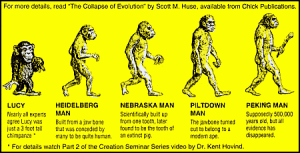
当今互联网和信息科技行业最让人费解的就是所谓的“先行优势”理念。
请读者们跟着我的思路来回顾一下:
在上世纪90年代初,全球出现了第一个网络书店Booklink 。而在1994年它被AOL收购。
亚马逊后来居上,取代了Booklink。
在上世纪90年代初,计算机书籍出版商O"Reilly创立了全球第一个网络导航全球网络导航器(Global Network Navigator),即GNN。后来被AOL以1100万美元收购。
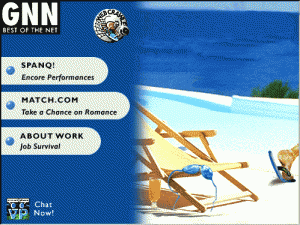
雅虎后来居上取代了GNN。
Wired’s HotWired在上世纪90年代中期创建了全球第一个媒体搜索引擎Hotbot。
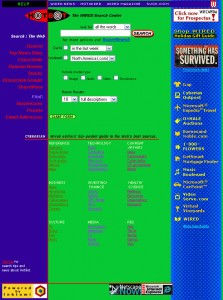
后来陆续产生了搜索引擎Alta Vista、Lycos、Infoseek,直到今日谷歌坐上头把交椅。
1969年报税及金融服务公司H&R Block(HRB)推出“美联网”(CompuServe),它成为全球第一个提供互联网服务的公司。
当AOL还被称为昆腾电脑服务AOL的前身时,美联网的订阅客户就已经达到数百万,不仅如此,其基于BBS的DOS操作系统的订阅用户已经达到几千人。1994年,全球第一个商业浏览器Mosai诞生了,后来发展成为Netscape Navigator。
此后,各种浏览器如同雨后春笋般迅速在市场上崛起,包括Spyglass Mosaic、SPRY Mosaic、Netcom NetCOMPLETE、 Quarterdeck、Netmanage Chameleon。

世界上第一个提供互联网邮件地址的网络服务Delphi被新闻集团收购。
上世纪90年代的中期Progressive Networks (现被称为 Realnetworks)推出了全球首个音频播放软件Real Audio。经过发展其逐渐变为Real Video,最后变为现在的Real Player。
1981年市场上首个IBM个人电脑IBM PC诞生了。
上世纪80年代末、90年代初,惠普的Compaq以及其他品牌的电脑后来居上,取而代之。到90年代末,本世纪初,戴尔凭借良好的供应链和与客户的直销关系成为个人电脑市场上的老大。
从上述互联网市场的演变,我们可以得出这样一个规律,市场上的先行者并不意味着一定会在市场竞争中站稳脚跟。而我所提到的“最佳行动优势”才是真正适用的战略。最佳行动者与顺序无关,它可以是先行者,也可以是中间行动者甚至还可以是最后行动的。
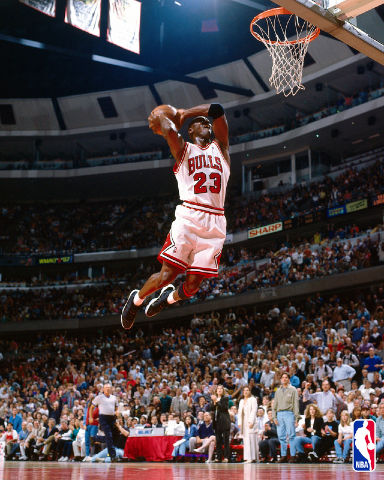
因此,企业在谈论自身经营战略和业务的同时应该力争成为最佳行动者而不是先行者。这也是为何谷歌在推出了众多搜索引擎、又历经上市,还能在市场生存并保持强大的主要原因所在。(普莱/编译)
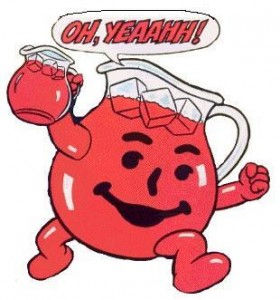
附英文原文:

One of the biggest myths running around the web and tech industries today is the idea of ‘first mover advantage.’
Take a walk with me down memory lane:
Booklink. First book store on the web. Early 1990s.
AOL acquired in 1994 and it got lost in the mix of the online service.
=> Amazon crushed it.
GNN. First web directory. Early 1990s. GNN?
Global Network Navigator, launched by book publisher O’Reilly (hello to Dale Daugherty over there) and sold to AOL for $11 million, a then unheard of price for a ‘home
page.’

=> Yahoo came along later and beat it.
HotBot. First meta search engine. Mid 1990s. Run by Wired’s HotWired. One box front end as it is today pretty much.

=> Alta Vista, Lycos, Infoseek and finally today Google beat it. Compuserve. First online service. 1969. Owned by H&R Block. Yep, the tax people.
=> Compuserve had millions of subscribers when AOL was still called ‘Quantum Computer Services’ and had a few thousand subscribers to a DOS-based system based on a BBS (bulletin board service, these are what geeks did to network before the web).
Mosaic. First commercial browser 1994. Became Netscape Navigator.

Deluge of browsers sprouted including Spyglass Mosaic, SPRY Mosaic, Netcom NetCOMPLETE, Quarterdeck, Netmanage Chameleon.
=> Microsoft licensed Spyglass’s browser and launched Internet Explorer 1995. 1999 it had dominant marketshare.
Delphi. First online service to offer Internet mail access.
=> Acquired by News Corp.
Real Audio. First audio software player for the web. Mid 1990s. Progressive Networks (now called Realnetworks) launched this. Later came out with Real Video, then Real Player.
=> Microsoft licensed the code and created Windows Media Player, now the dominant player for audio/video, bundled with Windows.
IBM PC. 1981. First IBM-based PC.
=> by the late 1980s and in the 1990s Compaq, HP and others beat it. By late 1990s and 2000s, DELL crushed all of them with a better supply chain and relationship direct with customer.
Lessons: Time and time again first does not guarantee winning. The real strategy is to be something I call “best mover advantage”. Best mover can be first, middle or last — doesn’t matter what the placement is.

You want another example? Apple lost the PC war decades ago due to pricing its PC too high and limiting its licensing. Fast forward two decades and Napster launched the online music business, peaked and died and got resurrected.
Meanwhile, Apple finally figured out its “real” business is making cool gadgets for any platform (not just PCs) and launched iPod and iTunes. iTunes becomes the #1 online music store in weeks. And the iPhone has become the most-popular smartphone in the world, with a new 3G S coming out in the U.S. this week (already sold out).
Companies that talk about their strategy and business need to think about being the “best mover” not the “first.”
Being best mover is why Google even exists, long after a truckload of search engines had come along, gone public to the tune of hundreds of millions, and fizzled while drinking their own Kool Aid.
